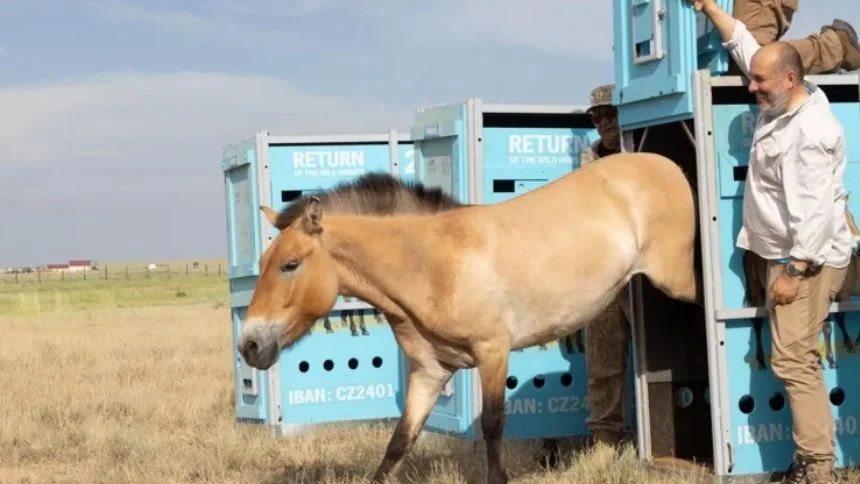Are We Witnessing the End of Horse Racing?
A 3-year-old chestnut colt named Mage won the 149th Kentucky Derby, but there were seven losers – that’s the number of horses that died at Churchill Downs in the runup to the big race.
Five of the horses were euthanized after sustaining injuries on the track and another two, conditioned by the same trainer, simply collapsed and died, cause unknown. The shocking deaths threw a cloud over the sport’s signature event on Saturday.
The Kentucky Horse Racing Commission is investigating the causes of the deaths, while the trainer associated with the mysterious deaths, Saffie Joseph Jr., was banned from the Derby and from all tracks owned by Churchill Downs, Inc.
“Given the unexplained, sudden deaths, we have reasonable concerns about the condition of his horses and decided to suspend him indefinitely until details are analyzed and understood,” CDI president Bill Mudd said in a statement.
As shocking as these deaths may seem, they really aren’t all that unusual in a sport that puts such lethal demands on its athletes. Hundreds of thoroughbreds die every year in the US, or 1.25 fatalities per 1,000 starts according to the Jockey Club’s Equine Injury Database. (Even so, that rate is the lowest – i.e., least deadly – it's been since they started keeping track in 2009).
But seven deaths in one week resonated in the runup to the Derby, since the big race draws the most attention to the sport, with 150,000 spectators at the track and another 16 million or so watching on television. The deaths and injuries have attracted the worst kind of attention.
But horse fatalities are not the only reason that racing is losing its mojo. As the New York Times puts it, “Horse racing is fighting for its life as animal rights activists call for its end at the same time that waning interest from gambling has put it on the losing side of a battle with sports betting.”
And therein lies the nub of the matter: We would not put these magnificent animals in harm’s way if it weren’t for the gambling that keeps the sport afloat. Thoroughbred racing likely won’t end anytime soon, but its popularity, as with greyhound racing, is waning. A decline in interest in the sport might be the best possible outcome for its voiceless athletes.
Photo credit: Andy Lyons / Getty Images







